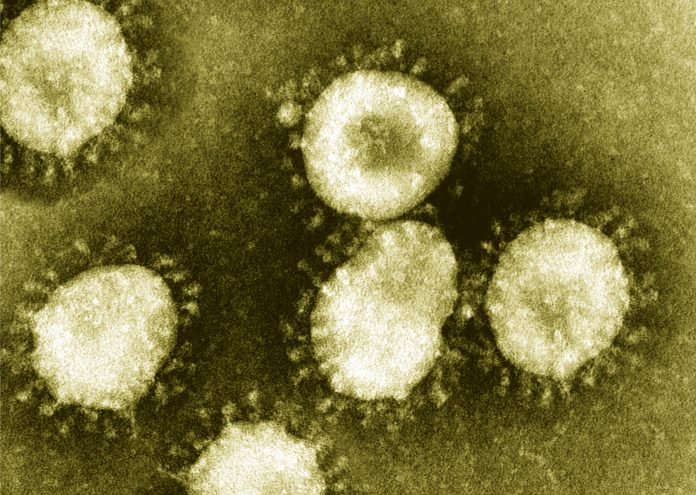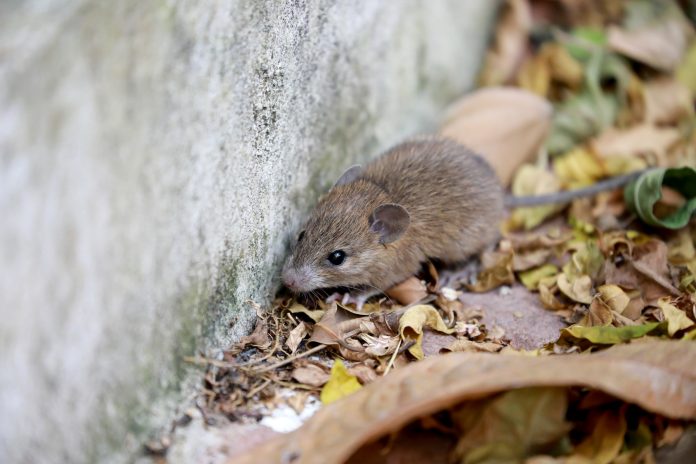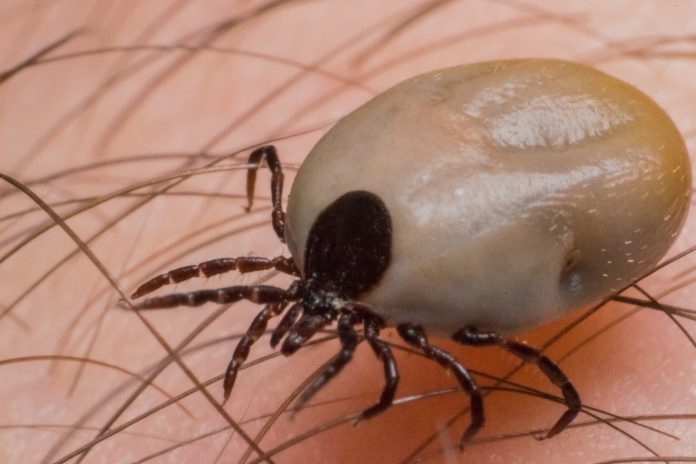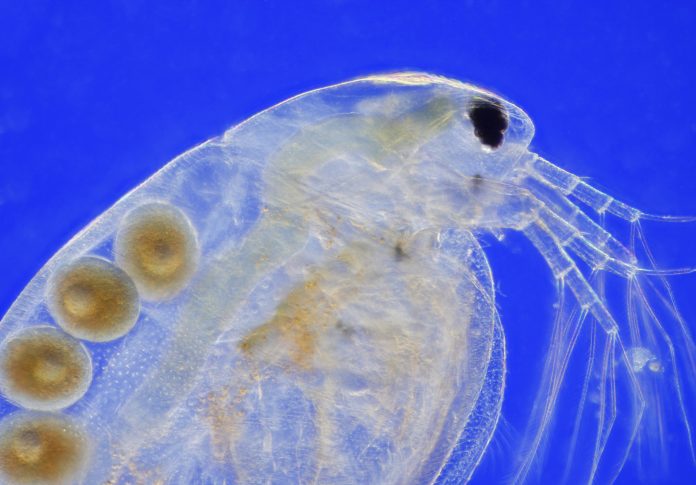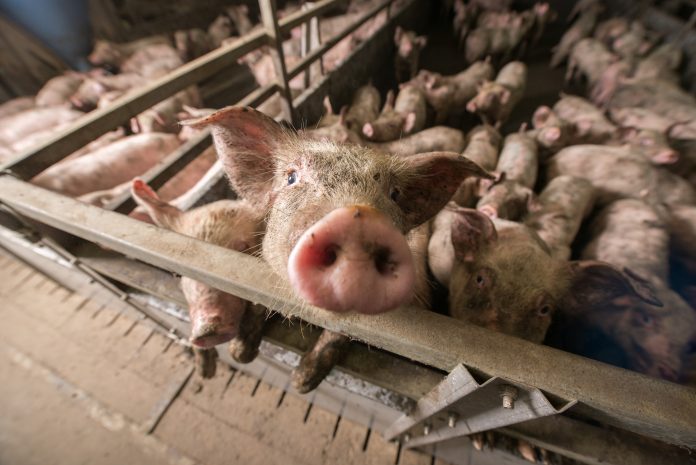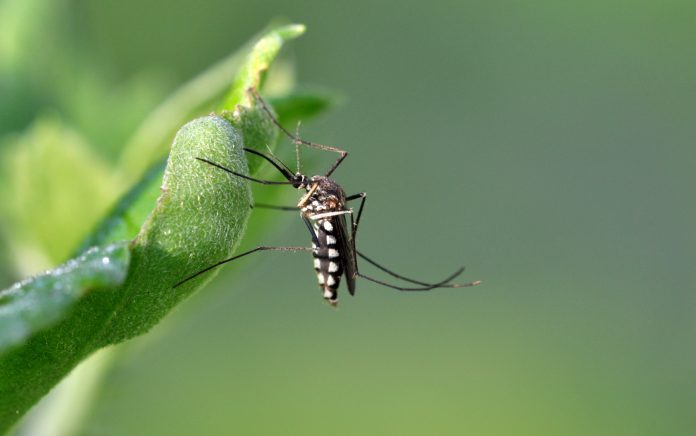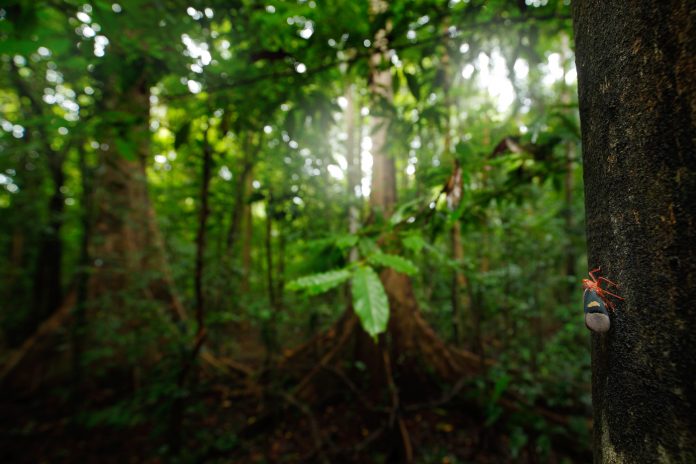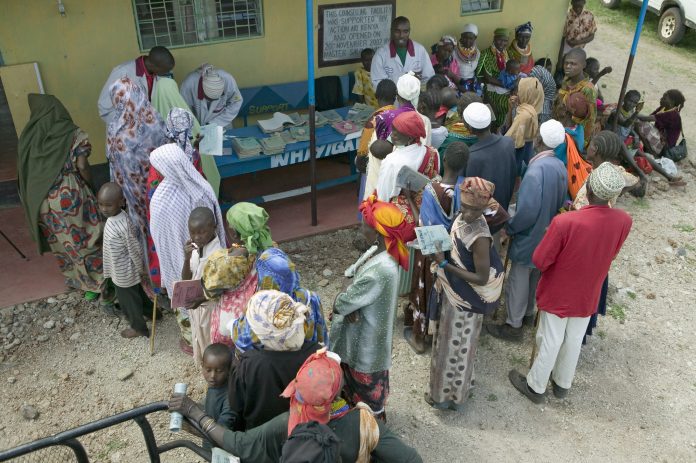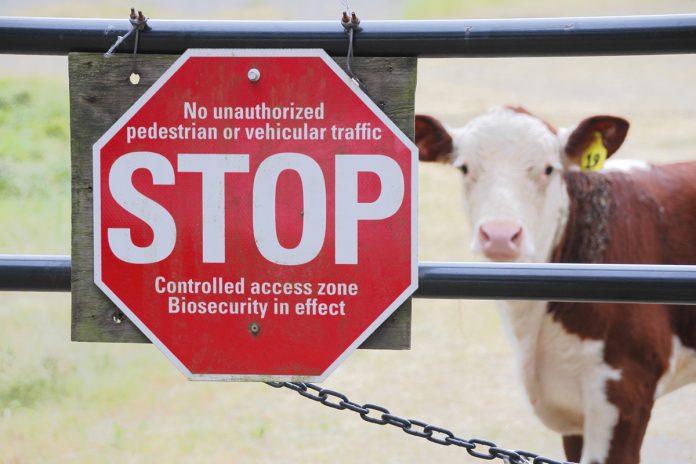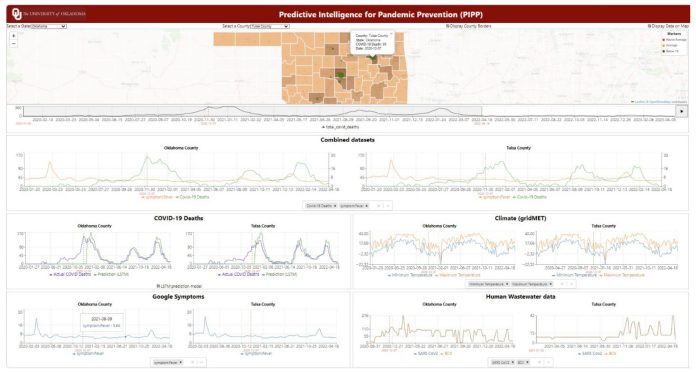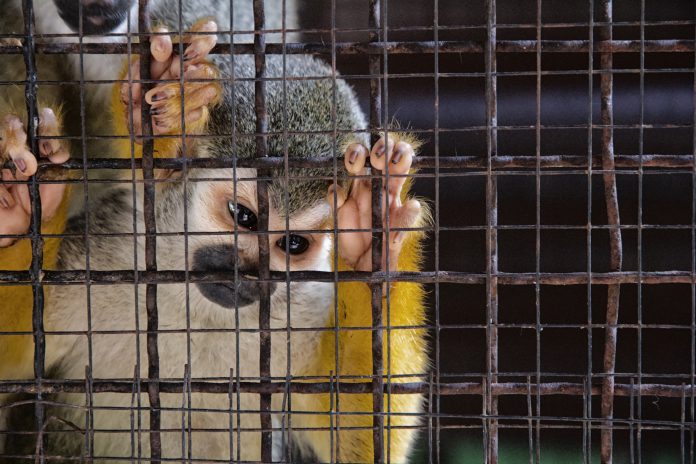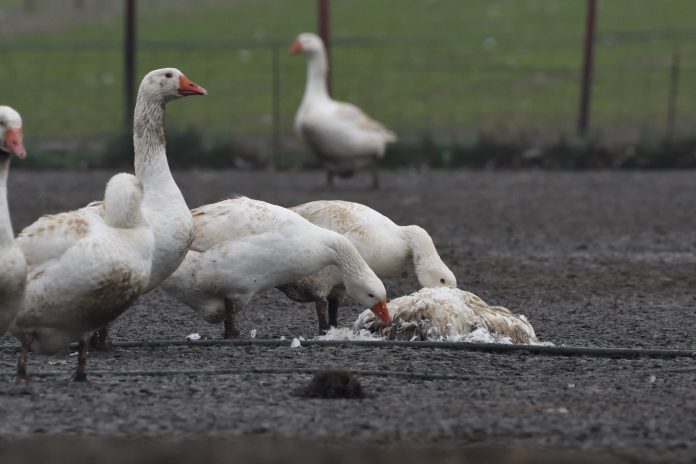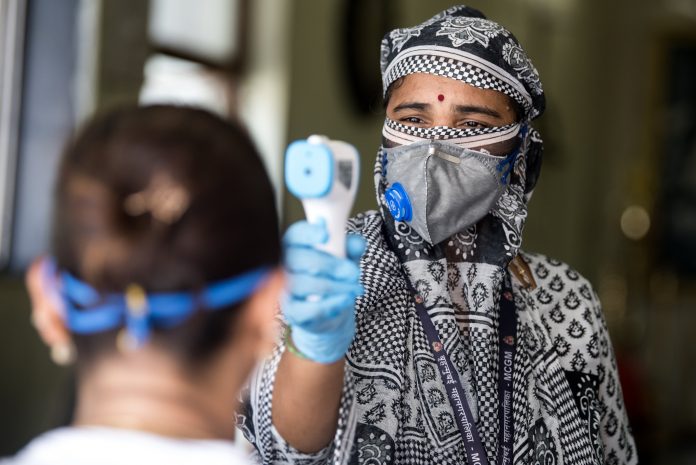Open Access Government produces compelling and informative news, publications, eBooks, and academic research articles for the public and private sector looking at health, diseases & conditions, workplace, research & innovation, digital transformation, government policy, environment, agriculture, energy, transport and more.
Home Search
zoonotic diseases - search results
If you're not happy with the results, please do another search
What are zoonotic diseases?
Captain Casey Barton Behravesh of the U.S. Public Health Service, and Director of the CDC One Health Office highlights the CDC’s efforts to nationally and internationally prevent zoonotic diseases.
Getting leptospirosis onto the lists of neglected tropical diseases
Leptospirosis is a globally important infectious disease, but neglected to the extent that it’s not on WHO’s or FDA’s neglected tropical diseases lists; this needs to change.
Tick-borne Diseases Transmission Research: Co-Feeding in Ticks
Tick-borne diseases such as Lyme disease and tick-borne encephalitis are primarily transmitted during the blood feeding process, through systemic and co-feeding horizontal transmission routes.
SACIDS Foundation for One Health – tackling infectious diseases
As an inter-institutional network dealing with infectious diseases, SACIDS focuses on both individual and institutional development.
How do temperature variations affect infectious diseases?
Climate change is set to rise temperatures globally through greenhouse gas emissions, amidst this change, rates of infectious diseases are to become increasingly difficult to predict.
Factory farming, zoonotic disease and the risk of pandemics
Compassion in World Farming Research Manager dissects some of the dangers of the factory farming industry, discussing the spread of zoonotic diseases.
How will a changing climate affect the future of vector borne diseases?
With a changing climate, animal, insect, and plant species will either adapt or die under new environmental and climate conditions - this brings new challenges in the study of vector-borne infectious diseases.
Tropical peatland conservation can prevent animal diseases jumping to humans
Scientists at the University of Exeter found that tropical peatland conservation can impact how animal diseases, like the bat-based COVID-19, transfers to human beings.
Assessment and surveillance to mitigate infectious diseases in Africa
Cecilia Van Cauwenberghe from Frost & Sullivan’s TechVision Group, gives a call to action when it comes to assessment and surveillance to mitigate the impact of infectious diseases in Africa.
Foodborne, waterborne, and zoonotic disease in the Canadian North
Dr. Sherilee Harper and Dr. Ashlee Cunsolo look at the need for integrated environment and health surveillance for foodborne, waterborne, and zoonotic disease in the Canadian North
New Foot-and-Mouth Disease virus vaccines
University of St Andrews’ Martin Ryan PhD talks about zoonotic diseases such as Foot-and-Mouth Disease and importance of vaccinations
Belgium and WHO strengthen partnership to advance global health goals
On March 11, 2025, Belgium and the World Health Organization (WHO) concluded a three-day strategic dialogue to strengthen their ongoing collaboration in global health.
Strategies for pandemic preparedness
Pandemic preparedness has become a global priority since COVID-19 and new diseases continue to emerge and old ones resurge; this continues to be a threat to public health and economic stability.
A comprehensive approach to integrated one health surveillance and response
Surveillance data plays a crucial role in understanding and responding to emerging infectious diseases; here, we learn why adopting a One Health surveillance approach to EIDs can help to protect human, animal, and environmental health.
How can we stop the pandemic risk of wildlife trafficking?
In a study, researchers look at how global supply chains are being hijacked by criminals, and present countermeasures to illegal wildlife trafficking.
Applying data science advances in disease surveillance and control
Dr. David S. Ebert from the University of Oklahoma’s Data Institute for Societal Challenges and Dr. Aaron Wendelboe from the University of Oklahoma Health Sciences Center outline how a cohesive, multidisciplinary, and multi-tiered approach can support a more predictive model in disease surveillance and control.
The next pandemic? UK facing worst bird flu outbreak on record
Christmas is coming, the geese are getting sick, and the world may be three mutations away from the next pandemic: the avian bird flu.
What are five common monkeypox symptoms?
Here, we look at five key monkeypox symptoms and discuss potential consequences of infection.
Scientists predict 4,000 new animal viruses by 2070
Scientists say that 2°C of warming by 2070 could create 4,000 new animal viruses, which could become COVID-level outbreaks.
Higher infection rates amongst politically authoritarian countries
The politics of COVID-19 is intertwined with infection rates, where researchers highlight the linear transmission rate in more authoritarian areas.

